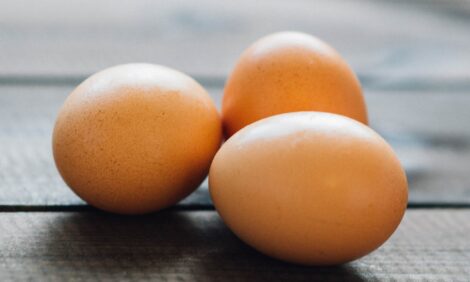



Canada's New Poultry Welfare Code Not Enough for Humane Society
CANADA - Animal welfare group Humane Society International in Canada has said the new poultry welfare codes do not go far enough.The revised Code of Practice covers care and handling of hatching eggs, breeders, chickens, and turkeys, and was released last week.
HSI/Canada campaign manager Sayara Thurston stated the following: “Humane Society International/Canada is disappointed by the new Code of Practice released by poultry industries and the National Farm Animal Care Council today.
"Birds raised for meat account for about six out of every seven farm animals in Canada, making this Code of Practice a document that will touch millions of animals raised for food in this country.
"Yet the new standards fail to institute meaningful changes to improve the welfare of animals.
"Until welfare problems caused by the devastatingly rapid growth of broiler birds are addressed in a significant way, countless birds will continue to suffer lameness, respiratory difficulties, heart failure and death before the age of six weeks old. These injuries and illnesses are both alarmingly predictable and, with strong industry commitments, feasibly preventable.
"The new code also fails to address the need for enrichments, natural light, the amount of hours of darkness provided in a given day, and greater space per bird. Ignoring the potential for producers to positively impact the welfare of birds in their care is irresponsible and unacceptable on the part of Canadian poultry industries.”
The code's requirements include a requirement that the "dark period must be gradually increased to a minimum of 4 hours in each 24 hour period by day 5 of placement".
The code also requires producers to provide enough space for birds to engage in normal behaviours such as stretching their wings, as well as requiring them to collect health and injury data to see if stocking densities are contributing to recurring health and welfare problems.
However, there is no requirement for 'natural' light and providing enrichment such as straw bales is only recommended to prevent feather pecking.











